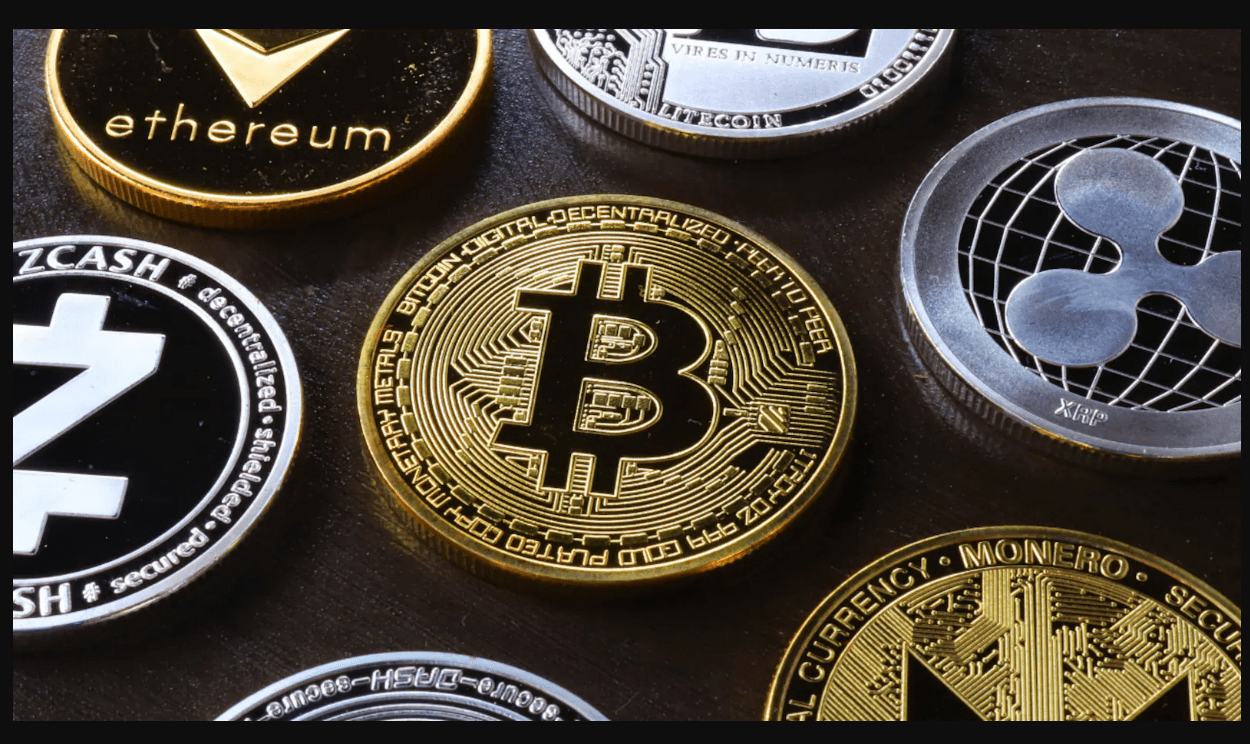While Bitcoin is still the biggest name in digital currencies, it’s facing a serious contender. Ether is a newer cryptocurrency that’s been generating a lot of buzz among investors since the beginning of the year. That’s mostly thanks to a 2,800 percent rate of growth since the beginning of 2017, but also partly due to its unique ability to support decentralized smart contacts — computer programs that automatically execute the terms of a contract when its requirements are met.
The Ethereum Blockchain
Smart contracts have a wide range of applications that extend beyond the simple exchange. Smart contracts make it simpler to execute contracts by using programming that removes room for human error and can be used in any situation where we’d normally employ contracts. The Ethereum platform uses ether to power the decentralized network of applications and pay for the computing power used to execute contracts on the network.

Blockchain is the technology that makes it all possible. Blockchain improves both efficiency and security, and the Ethereum blockchain is even more efficient than its predecessor, Bitcoin. It takes as much energy as would power the average American household for 1.57 days to process one transaction on the Bitcoin blockchain. Ethereum cuts transaction processing time down to 12 seconds, contrasted with Bitcoin’s average of 10 minutes.
In order to generate digital currencies, they have to be mined, a process where a significant amount of computing power is needed to solve advanced mathematical equations. You can think of this process as similar to printing money. Miners dedicate computing time and energy to processing the distributed ledger of the blockchain and are paid in ether for their efforts. If you don’t want to mine ether, don’t worry — you can still purchase ether that’s already been mined from a cryptocurrency exchange.
Understanding blockchain can be daunting — it’s a complex piece of technology. What’s important to understand is that blockchain makes it possible to securely trade assets digitally without room for fraud, thanks to the distributed ledger. Blockchain simplifies the process of exchange by removing the need for third-party payment processors, like banks, which have struggled to keep ahead of threats to consumer protection, making trade easier, safer, and less expensive.
Considerations for Cryptocurrencies
The lack of real-world applications for cryptocurrencies contributes to their highly volatile nature. There aren’t many places where you can use digital currencies to make transactions in everyday life. Companies that understand how important and revolutionary this type of technology is are working to implement it into their payment systems, but for now, the choices are limited. The lack of public understanding and confidence in cryptocurrencies also makes growth slow.
Paired with the negative press surrounding digital currencies (such as their use on the “dark web” black market), these conditions contribute to a market where many cryptocurrencies have been left to speculators, without much interest from the general public. We’re still ways off from the Average Joe showing interest in using digital currencies for everyday transactions.
But these conditions are also highly appealing to those willing to take the risk, and stories of ambitious investors seeing big returns in the cryptocurrency market are becoming more common. Ethereum’s concept is more robust than Bitcoin, giving investors more to work with than strict speculation, and leading some to feel that it’s a more stable investment in the long run.
Ethereum isn’t the only alternative to Bitcoin, nor is it the first. Namecoin and Litecoin were among the first competing digital currencies to emerge, and both still have small communities of investors and developers who are passionate about their respective changes to the Bitcoin model. Many other altcoins exist as well, ranging from seriously innovative and potentially very useful (Ripple) to not serious at all (Coinye, a defunct coin that parodied rapper Kanye West).
If you’re interested in investing in Ethereum, the most important thing to understand is that while Ethereum still has a ways to go if it’s going to catch up with Bitcoin in market share, it’s performed very well recently, and it might give it an edge on competing coins. It’s an innovative approach to cryptocurrency that incorporates smart contracts, which alone bring significant value to many industries. If you’re willing to take some risks, Ethereum could bring you big returns.









Ethereum is supposed to have smart contracts in 2022. Cardano is already on the test net right now with release this fall. Alonzo is cheaper and faster than ethereum. Why are you waiting for vit when he been saying the same thing for over 5 years.
Joseph Donahue
Hello, so, what is that I can buy with the coinbase app? Ethereum cryptocurrency or Eth stock exchange? I am interested more on stock exchange in the market.
CrazyAsk
Fantastic post, very informative. I wonder why the other experts of this sector do not notice this. You should proceed your writing. I am confident, you’ve a huge readers’ base already!